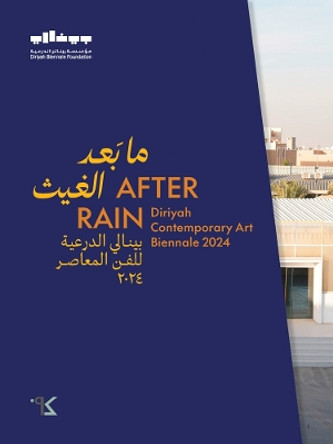Description
What can an art biennale in Dakar, Senegal, tell us about current discourses surrounding the place of art in the world, and in the academic study of anthropology? This volume investigates the Dak'Art biennale, ranked among the world's top 20 biennials, drawing upon fieldwork, archival research, and the experiences of those involved. In so doing, the chapters make a statement about the impact of globally-acting art biennials, contributing to current scholarship both on biennales and the anthropology of art scene more widely.
Part I opens with the history of its foundation and considers it in conjunction with the rise of contemporary art in Senegal. Part II deals with the biennale's various objectives, selection strategies, exhibition spaces, platforms for debate, and discourses between the State, the secretariat and local artists and art world professionals. Part III examines the cyclical creation of contemporary African art, and questions if the Biennial creates local canonical practices. The Epilogue uses the Dak'art biennale to question assumptions around practice in general biennale scholarship and work. Featuring a dialogic structure between practitioners of art and anthropologists, this unique volume will be of interest to students of anthropology, art history and practice, African studies and curatorial practice.
About the Author
Ugochukwu-Smooth Nzewi completed his PhD at Emory University, USA. He is a Visual Artist, Art Historian and Curator. He works at the Cleveland Museum of Art, USA.Thomas Fillitz is Professor of Cultural and Social Anthropology at the University of Vienna, Austria. He is the editor of An Anthropology of Contemporary Art (2017).
Book Information
ISBN 9780367562717
Author Ugochukwu-Smooth Nzewi
Format Paperback
Page Count 232
Imprint Routledge
Publisher Taylor & Francis Ltd
Weight(grams) 340g





